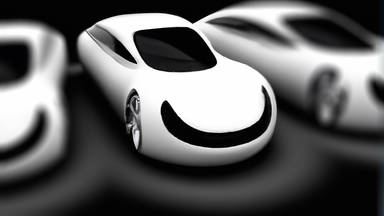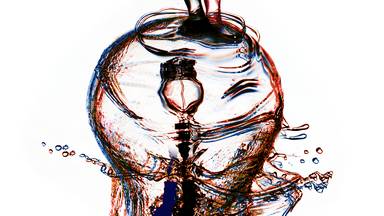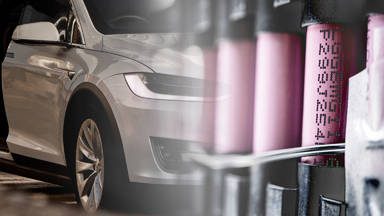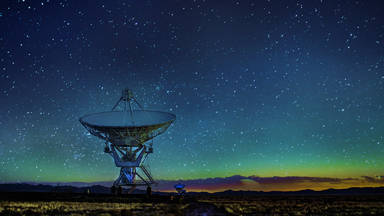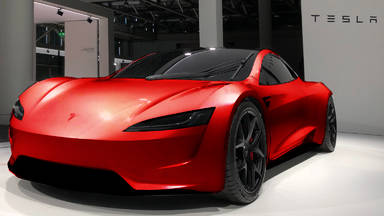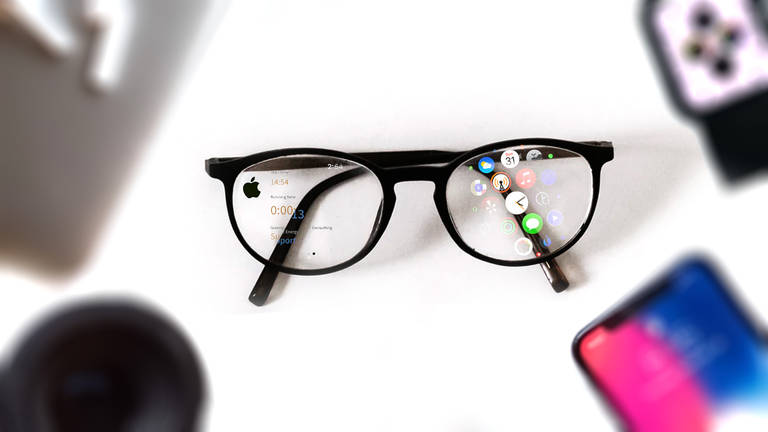
Google Glass was one of Google's most public and monumental fails of all time. Coming in at fifteen hundred dollars, Google Glass tried to offer a hands-free smartphone experience nearly a decade ago. Today it looks like Apple might be coming out with their own smart Glasses in the imminent future. So is Apple Glasses destined to fail, just like Google Glass?
Starting off, most of the rumors surrounding Apple Glasses are just from leakers and Apple analysts. Although many of these guys, like Ming-Chi Kuo, have a solid track history, this isn't really concrete evidence.
However, there is one piece of evidence that does make it seem like Apple is at least testing some sort of wearable AR technology. Some super smart individuals figured out that internal builds of iOS 13 contained code for something called Star Tester. After looking through the code, they were able to determine that the Star Tester app allows users to switch in and out of a head-mounted mode. They were also able to determine that Apple was testing something called Starboard-mode, which seems to be some sort of AR experience. Considering this, it seems like Apple is actually seriously testing wearable AR technology for the face.
With that being said, what will a potential Apple Glasses actually allow users to do? Well, first of all, Apple Glasses is expected to actually work like real Glasses. In other words, Apple Glasses can be changed to your prescription using a technology called optical subassembly.
Aside from this, Apple Glasses will of course sync up with their messages, emails, and other notifications so that you can see them at a glance. It is also expected that Apple Glasses will allow for some sort of navigation use. Maybe you will see a small map on one of the lenses, or you might see text-based directions, like "turn left" and "five feet".
Considering the unique role of Apple Glasses, Apple might even introduce a dedicated App Store, like they have done with the Apple Watch and Apple TV. This might even allow you to play games on the Apple Glasses, but we have yet to see how engaging and fun this will actually be.
Another major feature that Apple Glasses might support is some sort of night vision technology. If you've seen Apple's latest night vision technology with the iPhone 12, you know it's quite amazing, and with Apple Glasses this technology would be more functional than ever before. There are also rumors that Apple Glasses may have a speaker system which would limit the need for AirPods, but most likely any speakers Apple is working on for a face-based wearable, is for an Apple headset not for Apple Glasses.
Finally, Apple Glasses will likely also have a plethora of super cool marketable features that you will likely never use, like LIDAR with the iPhone. Considering all, Apple Glasses will basically just be an Apple Watch for your face that supports some cool features and will help you see better in the day and night.
How much will they actually cost?
Many rumors are suggesting that it will start at just $500, plus an extra fee to add your prescription. Coming from Apple it is quite surprising since Google charged $1500 nearly a decade ago. Apple has been making a lot of changes over the past couple of years though, so $500 may not fully be off the table.
Recently, Apple has primarily focused on preserving their customer-base as opposed to expanding it. Thus, Apple might price the Glasses at $500 to lock in as many people as they can into the Apple ecosystem. After all, most of the processing for the Apple Glasses will likely take place on the iPhone, so you can't really use Apple Glasses without an iPhone anyway.
Moving on to release date, some rumors suggest that Apple is already ready to launch the Glasses, and that they are just waiting for an in-person keynote opportunity to announce the Glasses. However, most rumors suggest that Apple Glasses will likely come out in 2022 or 2023. In any case, they are coming out very soon, unlike the Apple car.
Will Apple Glasses flop well?
At first glance, it might seem excessive and completely unnecessary. Well, it is, but that doesn't mean Apple Glasses will perform poorly by any means. Several years ago, many people said the exact same thing about the Apple Watch. The Apple Watch launched with a starting price of $350, which was over double the price of the most popular company smart watches. At the time, it seemed like spending so much money on an Apple branded smart watch was never going to catch on, but here we are. Similarly, AirPods were heavily ridiculed at launch for being overpriced wireless headphones, but today it seems like everyone has AirPods. As you can see, Apple has successfully introduced massive changes time and time again, so it wouldn't be wise to underestimate Apple.
Apple Glasses must offer something that other Apple devices do not offer by themselves. For instance, the Apple Watch is extremely popular within the fitness community, as it allows users to track their workouts without their iPhone bouncing around in their pockets. Mac computers are admired amongst creative professionals, as the software integration is nearly flawless, and AirPods are in demand across the board, as they give users a seamless headphone experience. Similarly, Apple Glasses must offer a unique advantage to a broad group of people for it to really catch on.
In other words, it can not just be an alternative to looking down at your phone. A lack of unique functionality is the fundamental reason that Google Glass failed, it was super cool technology and all, but it did not offer anything that you could not do by just using your phone, or better yet glancing at your smart watch.
Maybe the unique offering is being able to see better in the dark, or being able to utilize augmented reality to its fullest. Imagine being able to visualize any product you want to buy on your desk, or being able to try on new outfits by looking at a mirror. A lot of this technology already exists on our phone, but it definitely makes much more sense in combination with smart Glasses. As long as Apple is able to meet all of these criteria, Apple Glasses will actually be a success. Apple has proven their ability to sell arguably overpriced products very well, time and time again. As long as Apple Glasses isn't priced like the Apple monitor stand at $5000, or something absurd like that, price shouldn't be an obstacle if Apple Glasses is priced between $500 and $2000. People might complain about it at first, but most will eventually come around to it as we've seen historically.
